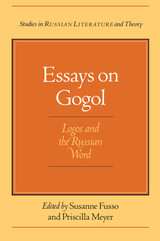

This book explores diverse but complementary interdisciplinary approaches to the poetics, intertexts, and influence of the work of C. P. Cavafy (Konstantinos Kavafis), one of the most important twentieth-century European poets. Written by leading international scholars in a number of disciplines (critical theory, gender studies, comparative literature, English studies, Greek studies, anthropology, classics), the essays of this volume situate Cavafy’s poetry within the broader contexts of modernism and aestheticism and investigate its complex and innovative responses to European literary traditions (from Greek antiquity to modernity) as well as its multifaceted impact on major figures of world literature—from North America to South Africa.
Contributors include Eve Sedgwick, Helen Vendler, Dimitrios Yatromanolakis, Richard Dellamora, Mark Doty, James Faubion, Diana Haas, John Chioles, Albert Henrichs, Kathleen Coleman, Michael Paschalis, Peter Jeffreys, and Panagiotis Roilos.
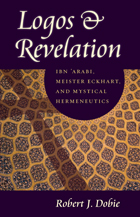
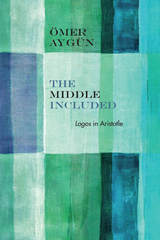
The Middle Included also explores human language in Aristotelian philosophy. After an account of acoustic phenomena and animal communication, Aygün argues that human language for Aristotle is the ability to understand and relay both first-hand experiences and non-first-hand experiences. This definition is key to understanding many core human experiences such as science, history, news media, education, sophistry, and indeed philosophy itself. Logos is thus never associated with any other animal nor with anything divine—it remains strictly and rigorously secular, humane, and yet full of the wonder.
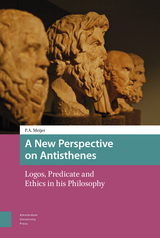
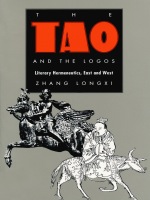
Zhang's book brings together philosophy and literature, theory and practical criticism, the Western and the non-Western in defining common ground on which East and West may come to a mutual understanding. He provides commentary on the rich traditions of poetry and poetics in ancient China; equally illuminating are Zhang's astute analyses of Western poets such as Rilke, Shakespeare, and Mallarmé and his critical engagement with the work of Foucault, Derrida, and de Man, among others.
Wide-ranging and learned, this definitive work in East-West comparative poetics and the hermeneutic tradition will be of interest to specialists in comparative literature, philosophy, literary theory, poetry and poetics, and Chinese literature and history.
READERS
Browse our collection.
PUBLISHERS
See BiblioVault's publisher services.
STUDENT SERVICES
Files for college accessibility offices.
UChicago Accessibility Resources
home | accessibility | search | about | contact us
BiblioVault ® 2001 - 2024
The University of Chicago Press









